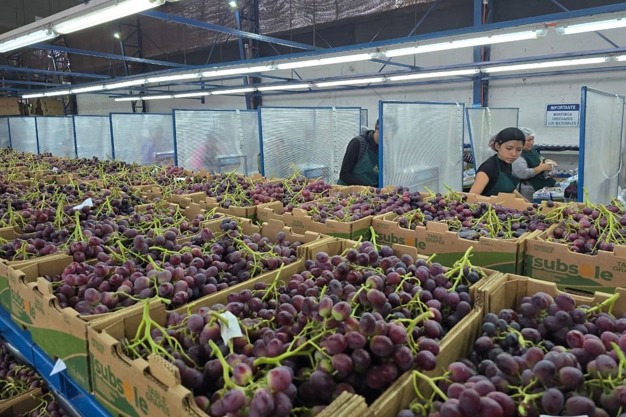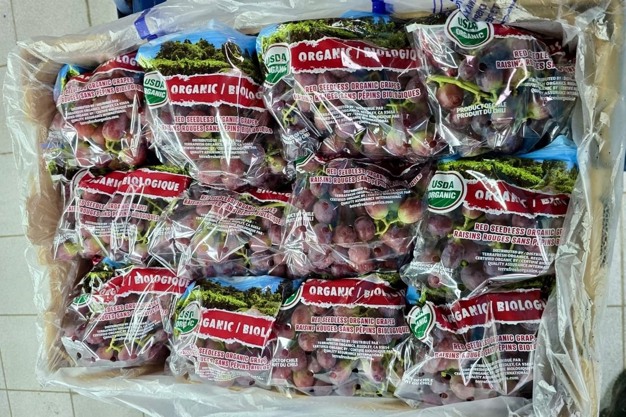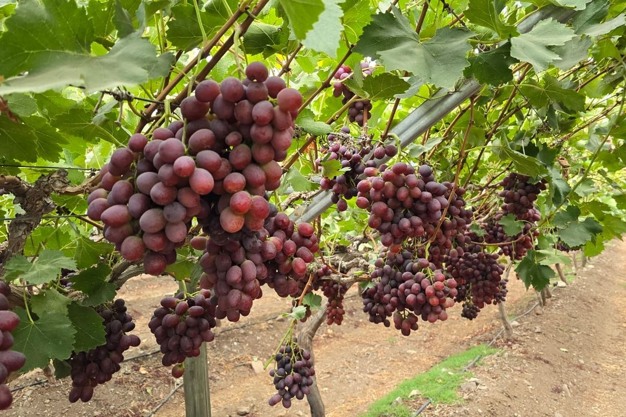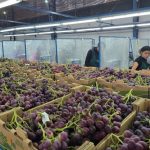Last year, after more than two decades of negotiations, the U.S. approved the Systems Approach for exporting Chilean table grapes. This protocol enables some key grape growing regions in Chile to export grapes to the U.S. without the need for fumigation. While it is a win for conventional grapes, the benefits are even bigger for organic grapes. “Up until recently, we couldn’t ship organic grapes from Chile to the U.S. due to the fumigation requirements,” says Fernando Valle with TerraFresh Organics. “A world of opportunity has now opened up.”

The first container with organic grapes from Chile arrived in the U.S. this past weekend and the interest is huge. “Organic grapes have been grown in Chile in limited quantities only as there wasn’t really a market for them due to the fumigation requirements,” Valle shared. Combined with higher input costs and a lower yield per hectare, growers have been hesitant to convert from conventional to organic. As a result, the large majority of Chilean grapes is still grown conventionally. The few organic growers around found markets either locally or in Europe.

Perfect window
The conversion from conventional to organic takes three years. “Those growers who took a chance to convert to organic at least three years ago are now hitting a goldmine,” Valle said. “Demand is higher than supply and prices are strong. In addition, Chile is hitting a perfect window with limited competition.” Peru is a significant competitor, but ships earlier in the season and the country’s shipments finished in the past month. Given that Mexico’s grape shipments don’t start until a month from now, Chile is the only organic player in the market until the end of this month.
While this first season is viewed as a test run, more and more Chilean growers are expected to convert to organic grapes if the results are positive. For that reason, volumes are expected to gradually increase in the coming years.

Network of companies
Valle proudly shared how TerraFresh is one of the first companies that shipped organic grapes from Chile. “We are a member of the Frutura family and our sister company Subsole, a Chilean exporter of table grapes, made the shipment happen. Although we knew the growers, Subsole has the connections, and their involvement made the growers feel more comfortable willing to ship to the U.S. This shows the strength of being part of a network of companies and the synergies that are being created.”
 For more information:
For more information:
Fernando Valle
TerraFresh Organics
Tel: (+1) 480-270-0829
[email protected]
www.terrafreshorganics.com
